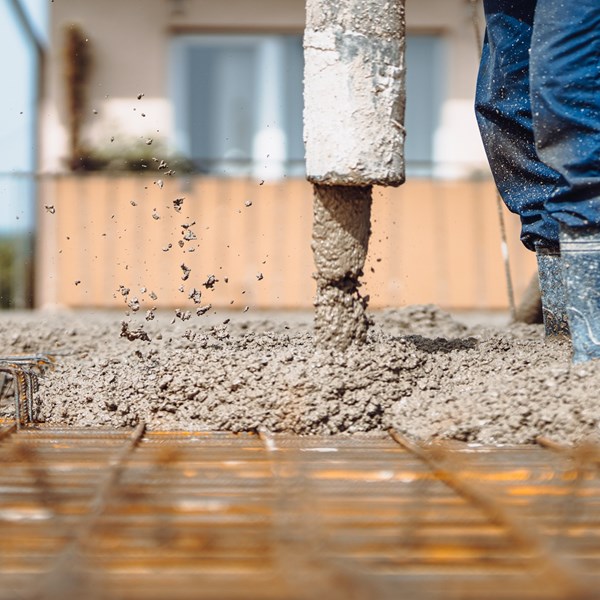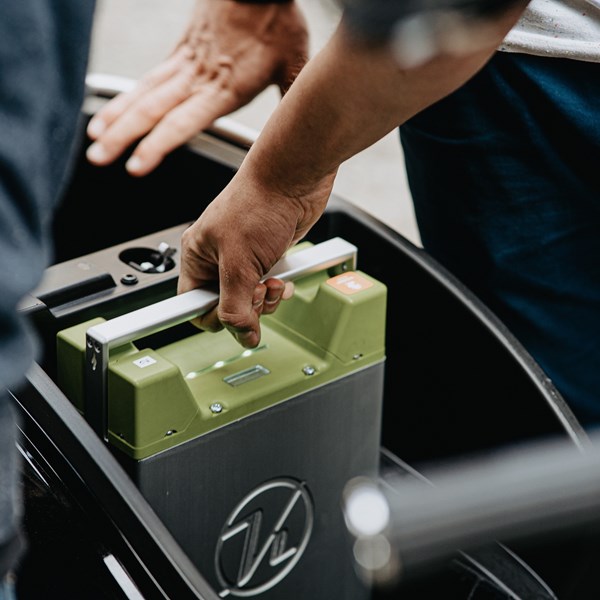How long will it take for my European patent application to be granted? This is a common question from applicants and one which is difficult to predict, but there are things that can be done to influence the speed of prosecution.
The time taken for a European patent application to be processed is largely dependent on how quickly the European Patent Office (EPO) generate their reports when they search and examine the patent application. The timeliness of the replies from the applicant and whether the applicant wishes to accept narrower protection or argue for broader protection over multiple exchanges with the EPO also plays a significant part. On average it takes about 3 to 5 years for a European patent application to reach the grant stage.
An applicant may want to achieve the grant of their patent application as quickly as possible to be able to enforce their patent against potentially infringing parties. Whilst a pending patent application may serve to deter would-be infringers, legal action cannot be taken until the patent has been granted. There are various way of accelerating prosecution including requesting acceleration under the PACE programme and perhaps making of a Patent Prosecution Highway request.
However, in other cases, the applicant may wish to delay the grant of their patent application for as long as possible. The applicant may require more time for determining their patent strategy. There may be a desire to spread the cost over a greater time period, provide time to monitor the market or for product development so that the patent application documents can be modified in the best way.
Further reasons to delay the grant may be to allow for more time to negotiate with would-be partners/investors or if the patent application is to be sold. Having a pending application that can still be modified may be more appealing to a purchaser.
Finally, it may also be prudent to delay grant to ensure the necessary transactions/assignments etc. are be recorded during the European phase to avoid having to make the necessary changes at each national office after the patent has been granted.
In this article we will focus on how to obtain more time to reply to communications issued by the EPO and thereby delay prosecution.
HOW DO I DELAY REPLYING TO AN EXAMINATION REPORT FROM THE EPO?
In general, for an examination report, which is labelled “Communication pursuant to Article 94(3) EPC”, the EPO will set a four-month deadline to respond.
To gain more time or delay prosecution we can request an extension of time; or we can delay prosecution by using further processing, which will be explained below.
EPC Rule 126 “Notification by postal services” has been amended such that documents will now be deemed to have been delivered to the addressee on the date of the document itself. Previously, the document was deemed to be delivered to the addressee on the tenth day following its handover to the postal services or ten days after the date of the document itself.
Deadlines to communications received from the European Patent Office dated on or after 1 November 2023 will now be calculated based on the on the date of the communication itself, without first adding the ten days.
EPC Rule 126 does have a provision for documents that are delivered “exceptionally late”. If a document is received more than seven days after the date of the communication itself; any deadlines calculated will be extended by the number of days delayed which are in excess of seven days after the date of the communication.
WHAT HAPPENS IF THE EPO DEADLINE FALLS ON A WEEKEND OR WHEN THE EPO IS CLOSED?
If a prescribed deadline falls on a day on which at least one of the EPO filing offices is not open, the deadline automatically rolls over to the next day when all the EPO filing offices are open. These dates can be found on the EPO website and the procedure is described in Rule 134(1) EPC.
Below are several mechanisms to gain more time and thereby delay the prosecution of a European patent application.
HOW CAN I REQUEST AN EXTENSION OF TIME FOR REPLYING TO AN EPO EXAMINATION REPORT?
For an examination report, i.e., “Communication pursuant to Article 94(3) EPC”, it is possible to request more time up to a maximum of six-months. The request must be filed before the expiry of the original time limit set by the EPO. No reasons are required for the extension of time. The extension of time also has no impact on the term of the patent.
A request for a longer extension (or an extension which would extend the period to respond beyond six-months) will only be accepted when reasons are given which are sufficient to show convincingly, that a reply in the period previously set will not be possible.
According to the EPO Guidelines, such exceptional circumstances might be, for example, the fact that representatives or clients are so seriously ill that they cannot deal with the case in time; or the need to perform extensive biological experiments or tests. On the other hand, foreseeable or avoidable circumstances (e.g. leave, pressure of other work) are not accepted as a sufficiently exceptional circumstance.
HOW CAN I USE FURTHER PROCESSING TO GAIN MORE TIME FOR REPLYING TO AN EPO EXAMINATION REPORT?
Further processing is a procedure intended to be used when a deadline is inadvertently missed. It enables the applicant to pay a fee and continue prosecution of the application. Thus, if the original deadline cannot be met, further processing can be used to gain more time to reply.
Failing to respond to an examination report will cause the application to be deemed withdrawn and the EPO will inform the applicant of this via a loss of rights communication (under Rule 112 EPC).
The loss of rights communication sets a further two-month period in which the applicant can complete the omitted act (i.e., respond to the requirements set out in the original examination report) to avoid the application being deemed to have been irrevocably abandoned. There is also the need to pay a further processing fee, which may be a fixed fee and/or based on any other EPO fees that were due at the same time as the response.
However, if the missed response is submitted and the fees paid, prosecution of the application will continue.
HOW DO I OBTAIN MORE TIME FOR A RESPONSE TO OTHER EPO COMMUNICATIONS SUCH AS ONES "PURSUANT TO RULES 161(1) AND 162 EPC" OR "PURSUANT TO RULES 70(2) AND 70a(2) EPC?
The communication pursuant to Rules 161(1) and 162 EPC (for making amendment on European national phase entry) is typically issued with a six-month time limit. This time limit is not extendable. At the end of the six-month time limit, the claims on file will be those that are searched and will form the basis of any excess claims fees that are due. Thus, there is no mechanism to obtain more time in respect of the communication pursuant to Rules 161(1) and 162 EPC.
The communication pursuant to rules 70(2) and 70a(2) EPC (extended European search report) is also typically issued with a six-month time limit. More time can be obtained by not responding to the extended European search report within the set time limit. The application shall then be deemed to be withdrawn and a loss of rights communication will be sent to the applicant. Further processing can be requested once a loss of rights communication is received as outlined above.
HOW DO I OBTAIN MORE TIME FOR REPLYING TO AN EPO INTENTION TO GRANT?
Once the patent has been successfully prosecuted, an intention to grant will be received from the EPO labelled “Communication under Rule 71(3) EPC”.
This deadline is not extendible by simply requesting an extension of time. However, the deadline can be reset by requesting amendments. It is possible to request amendments to the text for grant. If amendments to the text are requested which are not acceptable to the examiner, then the examiner will issue an examination report. If the amendments are acceptable, on the other hand, then the intention to grant communication will be replaced with a new one, accompanied by the amended text and with a new four-month deadline.
CAN I USE FURTHER PROCESSING FOR OBTAINING MORE TIME TO REPLY TO THE INTENTION TO GRANT?
Not responding to the rule 71(3) EPC communication will result in the issue of a loss of rights communication. Further processing can then be used as described above to continue prosecution of the application. There is a further processing fee that is specific to the notice of allowance and therefore it is important to pay the correct further processing fee.
CAN NOT PAYING RENEWAL FEES AT THE EPO BE USED TO SLOW DOWN PROSECUTION?
The EPO does not progress applications where the renewal fee has not been paid on time. Thus, by not paying the renewal fee a communication may be sent by the EPO (although it is not obliged to do so), informing the applicant of the missed payment and the opportunity to validly pay the renewal fees within six-months after the due date (including a 50% surcharge). Late payment of the renewal fees should be used with caution because if there is problem making the payment at the last minute, it may be difficult to recover the application.
Thus, it is possible to obtain additional time for taking actions before the EPO and this can slow down prosecution. However, the techniques described should be used with caution and with advice from your patent attorney to ensure that rights are not lost.







